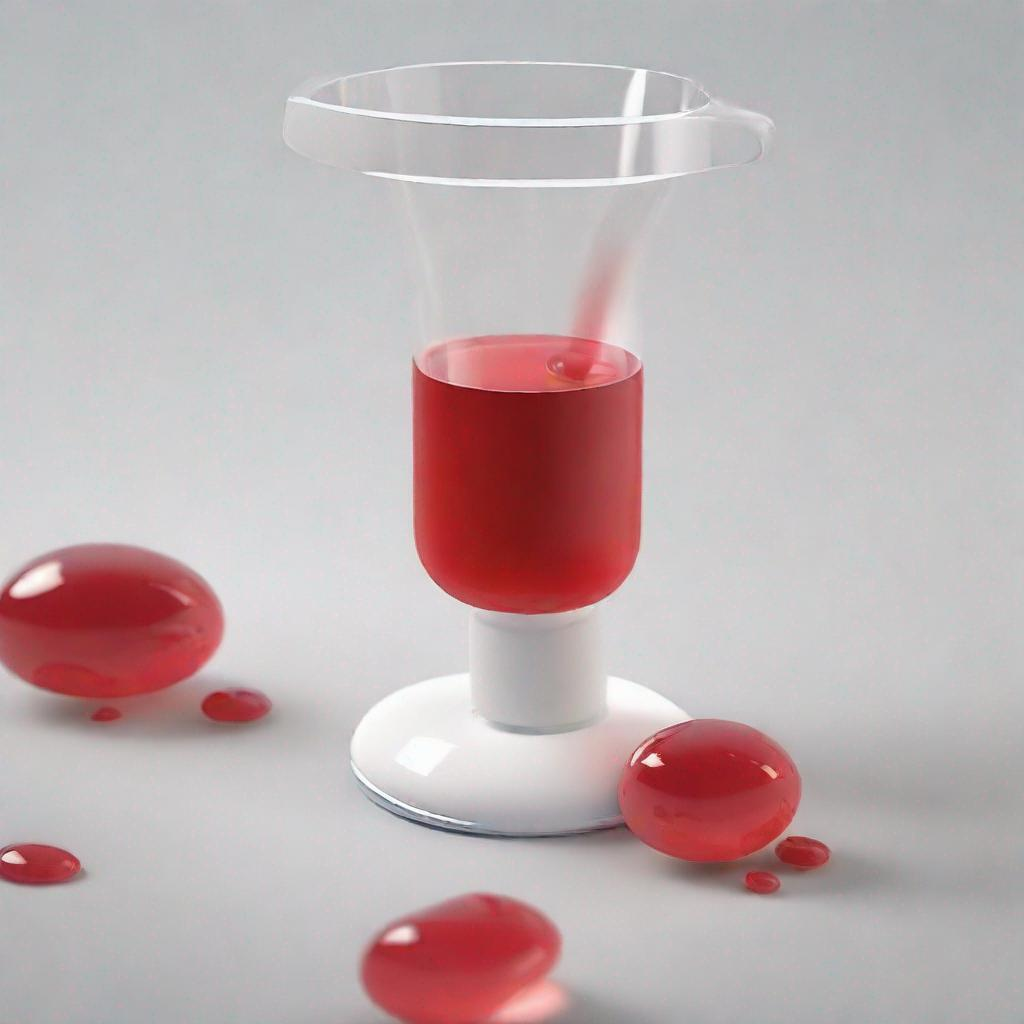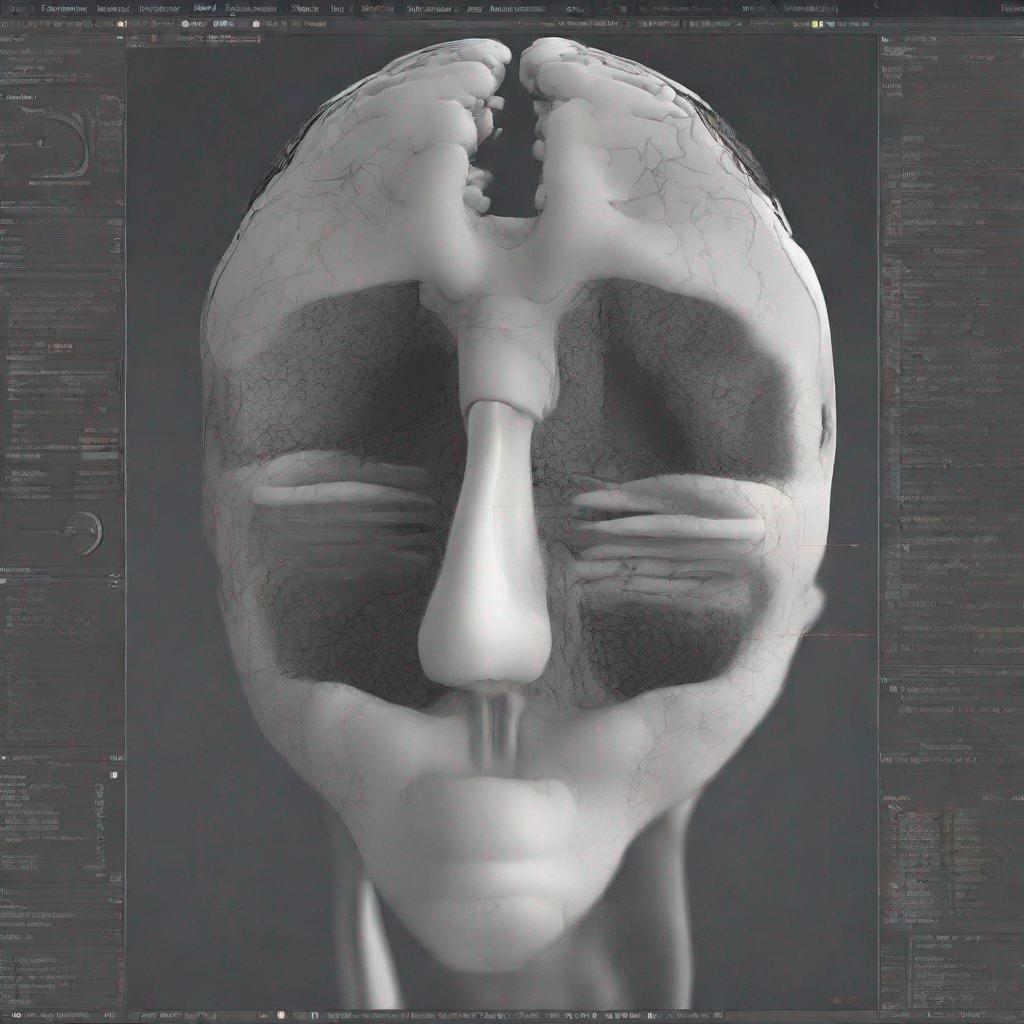## Comprehensive Guide: Understanding Your Thyroid T-4 Test
### Introduction
The T-4, also known as thyroxine, test is an essential blood test that provides valuable insights into the functioning of your thyroid gland. Your thyroid is a small butterfly-shaped gland in your neck responsible for regulating various bodily processes, including metabolism, growth, and development. Understanding the T-4 test’s implications is crucial for maintaining thyroid health and overall well-being.
### What is a Thyroid T-4 Test?
The T-4 test measures the levels of thyroxine (T4) hormone in your blood. T4 is one of two main thyroid hormones, along with triiodothyronine (T3). These hormones are essential for controlling your body’s metabolism and energy levels.
### Conditions and Diseases Detected by the T-4 Test
The T-4 test helps diagnose and monitor various thyroid-related conditions, including:
– Hypothyroidism: Underactive thyroid gland
– Hyperthyroidism: Overactive thyroid gland
– Thyroid Cancer
– Graves’ Disease: Autoimmune disorder leading to hyperthyroidism
### Preparation for a Thyroid T-4 Test
Prior to a T-4 test, you may need to:
– Fast for 8-12 hours before the test.
– Inform your doctor about any medications or supplements you are taking, as they can affect test results.
– Stop taking certain medications, such as biotin, for a few days before the test.
### Procedure for a Thyroid T-4 Test
The T-4 test is a simple blood draw, typically taken from a vein in your arm. The procedure involves:
– Cleaning the skin at the puncture site
– Inserting a small needle into the vein
– Collecting a small blood sample
– Applying pressure to the puncture site and a bandage
The test takes only a few minutes, and you should experience minimal discomfort.
### Duration and Waiting Time for Results
– The blood collection process takes a few minutes.
– The laboratory analysis typically takes around 1-3 days.
– Your doctor will notify you when your results are ready for interpretation.
### Additional Tests
Along with the T-4 test, your doctor may recommend other tests, such as:
– TSH Test: Measures the level of thyroid-stimulating hormone (TSH) in the blood
– Free T3 Test: Measures the level of free T3 in the blood
– Thyroid Antibodies: Checks for the presence of autoantibodies that may indicate an autoimmune condition
### Conclusion
The T-4 test plays a crucial role in assessing your thyroid gland’s health and function. By monitoring the levels of thyroid hormone in your blood, your doctor can diagnose, treat, and manage various thyroid disorders effectively. If you experience symptoms such as fatigue, weight gain, or cold intolerance, discuss with your healthcare provider whether a T-4 test is right for you. By understanding the significance of this test, you can proactively participate in your overall thyroid health and well-being.



